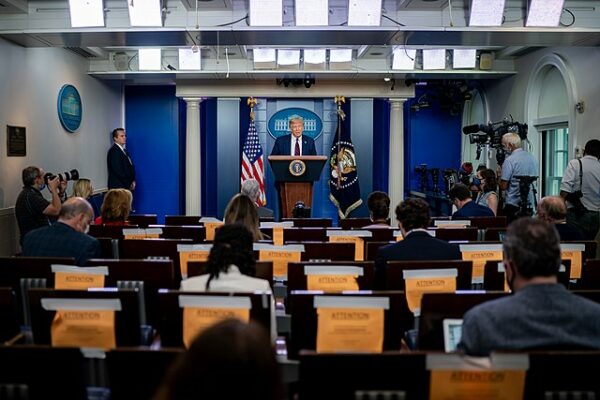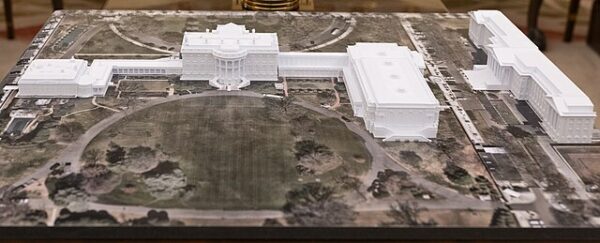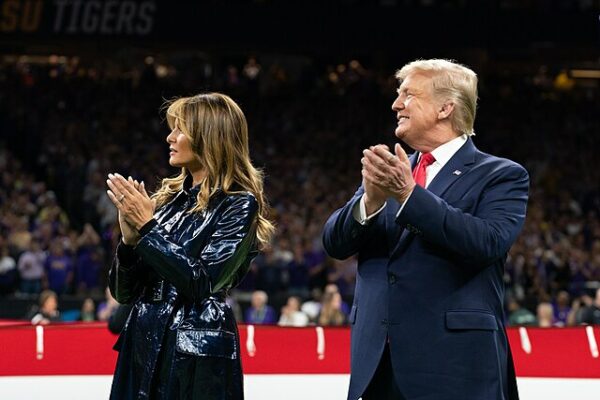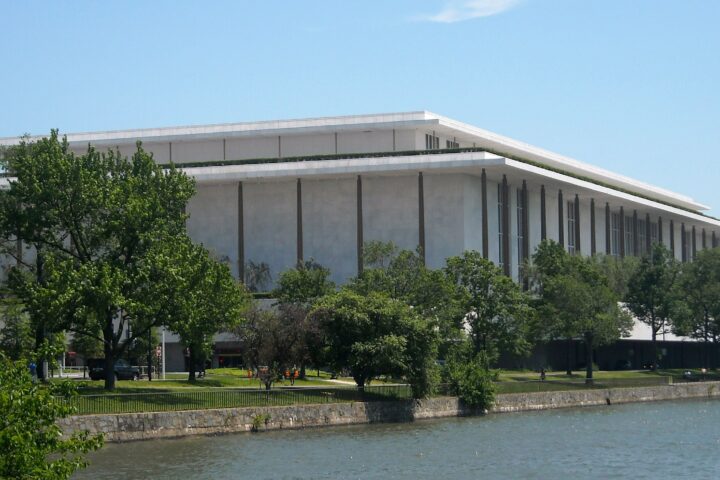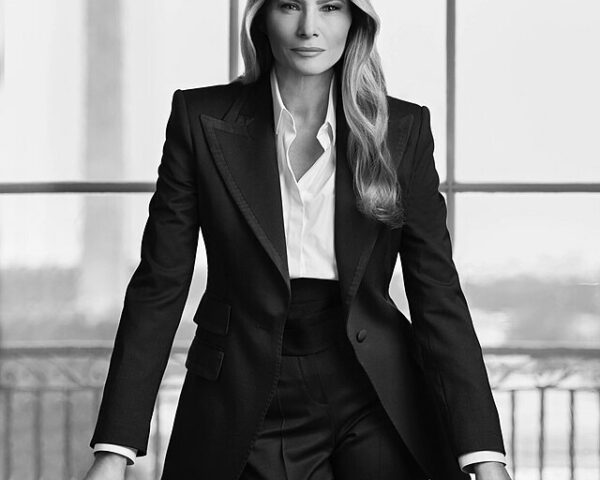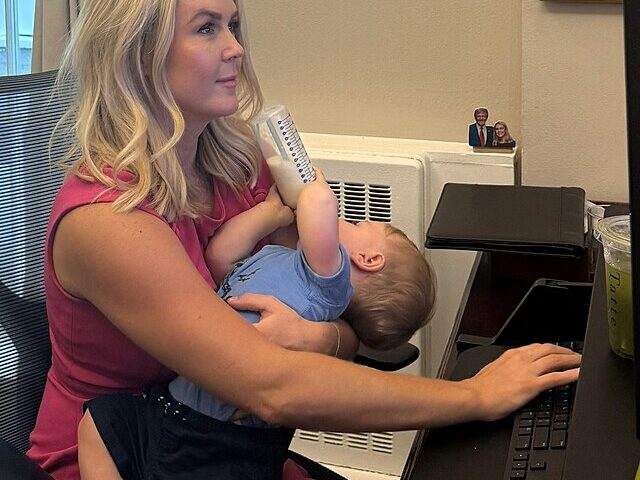The Trump administration’s efforts to take control of who sits where in the White House press briefing room have made some journalists start to consider taking drastic actions.
Normally, the White House Correspondents’ Association (WHCA)—made up of reporters covering the executive branch—decides where media outlets are placed in the James S. Brady Briefing Room. This setup gives front-row seats to long-standing media like the Associated Press and major TV networks, with newspapers, radio, and digital outlets seated further back. But Trump’s team has suggested changing that arrangement, arguing that seats should reflect modern audience metrics instead of seniority in the industry.
In response, the WHCA held an emergency meeting on Sunday to discuss possible actions. One idea under consideration was a symbolic protest—a peaceful sit-in where reporters would sit in their usual spots regardless of any changes imposed by the administration, according to a report by Semafor. WHCA leaders have not spoken publicly about the meeting, but members have confirmed that the situation is still developing.
This seating controversy is just one example of how the administration has tried to reshape its relationship with the press. It has limited access for outlets that offer critical coverage, while giving favored treatment to media personalities who support the president. For instance, the Associated Press was recently barred from attending in-person events after refusing to adopt the administration’s preferred terminology. Meanwhile, pro-Trump commentators have been given exclusive access to events closed to others—an approach critics say helps the White House control the message and sidestep tough questions.
Press secretary Karoline Leavitt defended the administration’s position in a Fox News interview, saying the room doesn’t belong to “elitist journalists” and accusing the WHCA of blocking efforts at transparency and reform.
In a message to its members, the WHCA board said the proposed seating changes are a strategic attempt to punish negative coverage and take over the press corps’ own decision-making process. The board warned that if the White House moves forward, it would clearly show an attempt to undermine press independence.
Even while resisting publicly, the WHCA has made some behind-the-scenes concessions. For example, after naming comedian Amber Ruffin as the speaker for its annual dinner, the group quietly pulled the invitation when officials objected to her previous comments criticizing the administration.
[Read More: For Staff Lays Into Dem Leaders]

